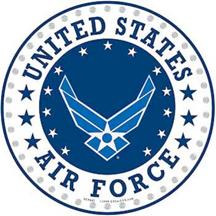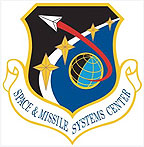
The U.S. Air Force released a final Request for Proposal for an Evolved Expendable Launch Vehicle (EELV) Launch Service supporting the Air Force Space Command (AFSPC)-52 mission.
After extensive industry engagements and government reviews, the final RFP was released on September 28, with proposals due back to the Air Force no later than October 30 in accordance with the solicitation instructions. The contract for this mission is expected to be awarded in Fiscal Year (FY) 2018.
The U.S.A.F. will award one firm-fixed price contract that will provide the government with a total launch solution for the AFSPC-52 mission. The award includes launch vehicle production, mission integration and launch operations. The Air Force’s acquisition strategy for this solicitation achieves a balance between mission success/operational needs, and lowering launch costs, through reintroducing competition for National Security Space missions.
The Air Force is procuring AFSPC-52, which is a classified mission. AFSPC-52 is projected to launch in the 4th quarter of FY 2020. This is the fifth competitive launch service solicitation under the current Phase 1A procurement strategy. The Phase 1A procurement strategy reintroduces competition for National Security Space launch services.

The Air Force Space Command's Space and Missile Systems Center, located at the Los Angeles Air Force Base, California, is the U.S. Air Force's center of excellence for acquiring and developing military space systems. Its portfolio includes the Global Positioning System, military satellite communications, defense meteorological satellites, space launch and range systems, satellite control networks, space based infrared systems, and space situational awareness capabilities.
Lt. Gen. John Thompson, Space and Missile Systems Center commander, noted that this solicitation marks another opportunity to foster competition on the EELV program in an effort to reduce launch costs while maintaining assured access to space with two or more launch providers.

